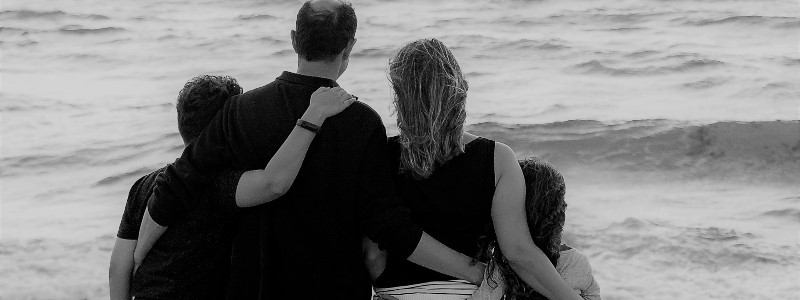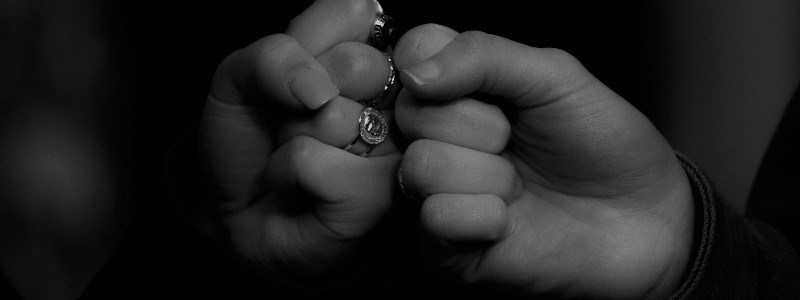In living with Coronavirus we have shared (to greater and lesser degrees) in a collective experience of trauma. We have had to learn to be separate from friends and family. We have had to live, die and give birth in isolation. We have had to grieve in isolation too. The Covid virus has brought many changes to our lives, on an individual, collective and global scale. It is likely that its shock waves will be felt for generations to come. We have had to adapt and learn to live differently in many ways. Uncertainty and an increasing exposure to our own vulnerability and the reality of our mortality have been forced into the conscious foreground. We have been newly confronted with questions surrounding values and what really matters to us now. These are important questions. As restrictions ease and we embrace the desire to “get back to normal” we might well pause for thought, to consider what normal really means, or perhaps what normality has involved us in up to this point?
Individualism as isolation
Whatever the lessons of Covid may be, it has shown us how irrevocably bound and interdependent we truly are. Caring about others is what makes us fully human. We depend upon these bonds not just for our survival but for our very being. Modern Western society has resisted this fundamental truth, valuing independence above all things. Autonomy is King in the modern world. Small children, the sick and aged are permitted exceptions, but we are all dependent creatures, right to our core. Individualism and its pursuit is a relatively new phenomenon. My space, my desire, my identity, my need….we are increasingly siloed in our own progress myths, side tracked by the ever increasing burdens of self.
Kindness and its shadow
The world of work has changed beyond recognition in recent years (pre and post Covid). Stable careers (“jobs for life”) have been replaced by freelance or contract work, many demanding long hours, enforced mobility and chronic insecurity. The shape and nature of communities built around stable home and work relationships have crumbled under such changes. A competitive society that divides people into winners and losers also breeds unkindness. Kindness and caring may be natural human capacities, but so too are cruelty and aggression. When people are subject to unremitting pressure they become estranged from each other. When we feel coerced by circumstance we fight back or collapse. When communal bonds weaken tribal loyalties ascend, kindness and caring become a mugs game in a dog eat dog world.
Kindness as vulnerability
There are many accounts, philosophical, biological, psychological and evolutionary of mankind’s innate instinct for self interest, we are it seems unfailingly ruthless and selfish creatures.
History is riven with accounts of mans’ inhumanity to man. We cannot and must not deny our darkest nature, but neither must we believe our selfishness to be the whole story, for this too would be a dangerous state of affairs. The feelings of connection and reciprocity that we can know…deep in our bones, are amongst the greatest pleasures available to human kind. Let us approach kindness and care not as acts of sacrifice or indeed (albeit unconscious) of vanity, for these are surely self serving. Let us approach kindness instead as an act of including ourselves with others, as an intimate act that reminds us in the clearest way that we are vulnerable and dependent creatures who have no better resource than each other.
To enquire about psychotherapy sessions with Gerry Gilmartin, please contact her here, or to view our full clinical team, please click here.
Gerry Gilmartin is an accredited, registered and experienced psychotherapeutic counsellor. She currently works with individuals (young people/adults) and couples in private practice. Gerry is available at our Brighton and Hove Practice.
Further reading by Gerry Gilmartin –
The Passage of Time and the Discipline of Attention














